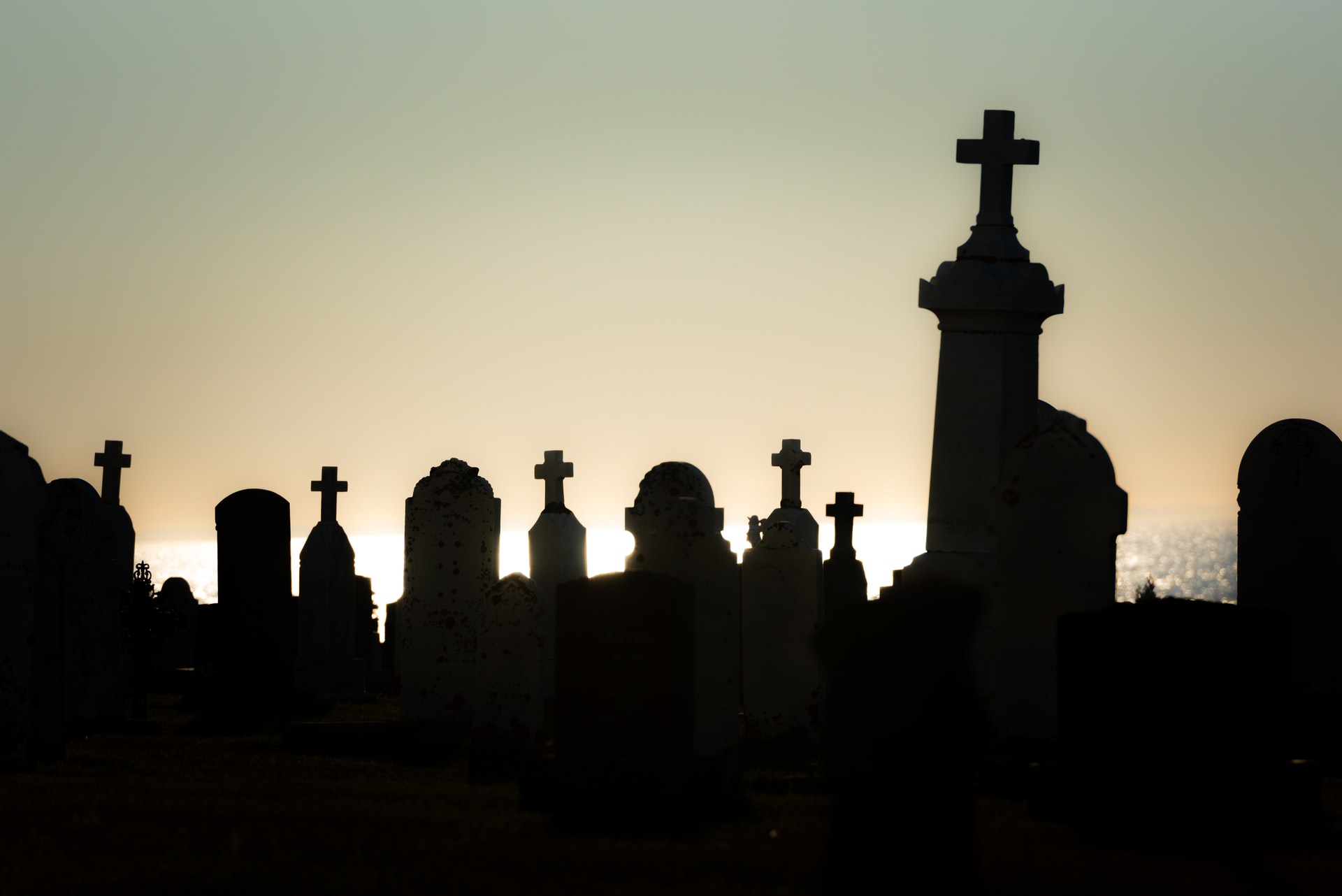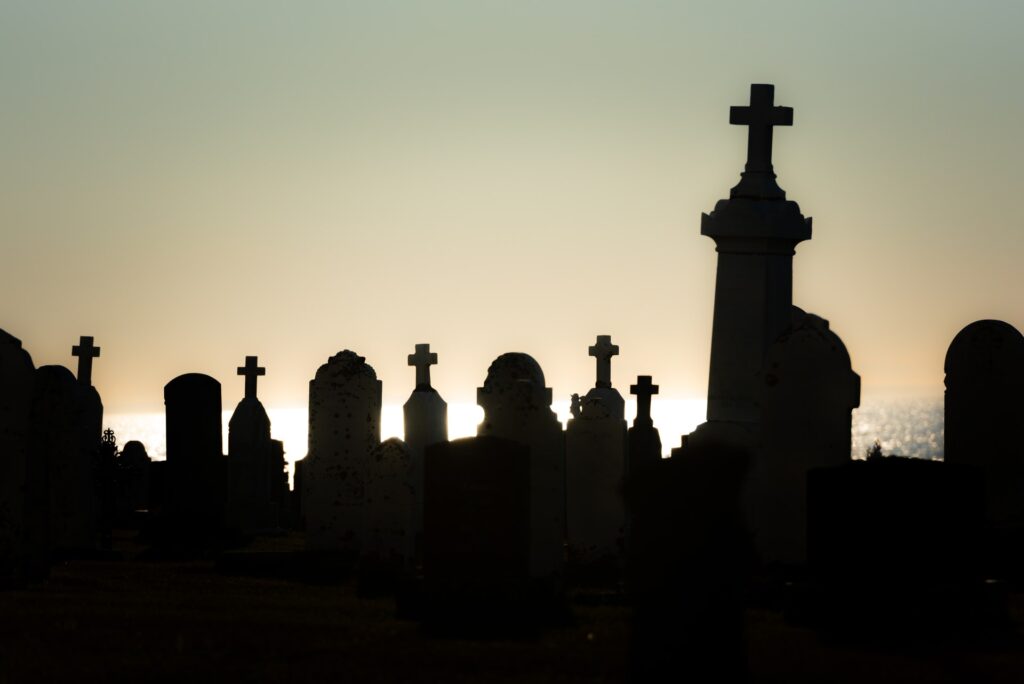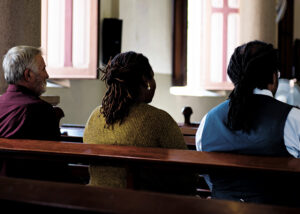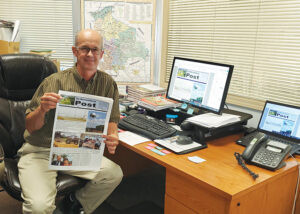Can you believe that I proposed to my wife in a cemetery? It wasn’t premeditated. We went for a walk and ended up there. That’s when it felt right. I got down on one knee like a sentimentalist and said, “This is where it starts and this is where it ends.” The line just came to me.
It was pretty cheesy and kind of ominous, but there was something so important about death for me that I wanted it to be part of our marriage journey from the beginning. Thankfully (and surprisingly), my preoccupation with death didn’t kill the moment. She said “Yes.”
I believe death is an important travel companion in life. It has much to teach us. The longer we delay our relationship with death, the more superficial our lives and the meaning we ascribe to them become.
A Buddhist monk encouraged me to treat everyone as if they’re already dead and everything as if it’s broken or gone. Imagine the person you are holding, your job or career, the possession you are admiring, the accomplishment you are relishing, the dog you’re petting—all gone. Yet, here in this moment, you are getting “bonus time” to enjoy them.
I don’t think this is a morbid practice. It’s not completely hypothetical either. It’s just an expanded perspective on what is true on a certain level.
Grieving people often say, “I wish I could hold them and tell them I love them one more time.” We are getting that opportunity now. The person in front of you is in a sense already gone, yet in this moment you are getting that last chance.
Buddhist monks call this meditation on death “maraņasati,” which means “remember death.” Stoic philosophers called this practice “memento mori.”
Most cultures in most eras have been keener to reflect on death than our 21st century Canadian culture. On the surface it may seem morbid and twisted but reflecting on death is a way of appreciating the amazing but fleeting gift life is—that the present moment is nothing short of abundance.
Jesus teaches us that death is really important. It is the gateway to life. We must die in order to live.
What kind of death is Jesus referring to? I think it’s more than a poetic symbol or metaphor. You have to dance with death, get intimate with the grim reaper. You have to enter the abyss, the cave where you most fear to tread. It’s not that your heart stops beating; your heart will probably race as you pass through the veil of non-being into “the Great Perhaps.” To die and be reborn means passing through another birth canal, stripped naked of all you hold dear. You have to relearn everything which means you have to unlearn everything.
If you never go there, you’re missing out on what Jesus calls abundant life. Full life. There’s a deeper quality of existence on the other side. You tap into a great reservoir of joy, meaning, peace, purpose and love, but only death can be your guide on this path. You have to reach out and let death take you by the hand.
A friend who had recently lost his wife told me he was surprised at how awkward most people are around death. “There are worse things than death,” he said. “Never really living is worse than death.”
Loss is real. It hurts. Grief is hard. We don’t desire it. Nor should we. Dancing with death is more of a sparring match than a tango. You spar with death and his jabs hurt. But they also inform. They provide insight and wisdom. They prepare us for a reality we can’t perceive in our lower states of consciousness. The strikes and stabs of death wake us from our tendency to numb out, hide, sleepwalk and coast on autopilot. If we let them. But you have to feel them. You have to let death do its work.
Good Friday isn’t just something that happened to Jesus that we are supposed to remember; it is something we must experience ourselves. It is an invitation to spend time with Death. To let the clarity of its shadow illuminate what really matters in life. Each day, hour and minute. Death helps us redirect our time and energy to invest in the few things that survive his fire. The things that endure, like faith, hope and love. Above all, love.
Troy Watson is a pastor at Avon Church, in Stratford, Ont. You can reach him at troy@avonchurch.ca.
Read more Life in the Postmodern Shift columns:
Reta-coloured lenses
Solitude and community
She’ll be coming ’round the mountain when she comes
What do I miss about church?
Into the woods









Leave a Reply
You must be logged in to post a comment.